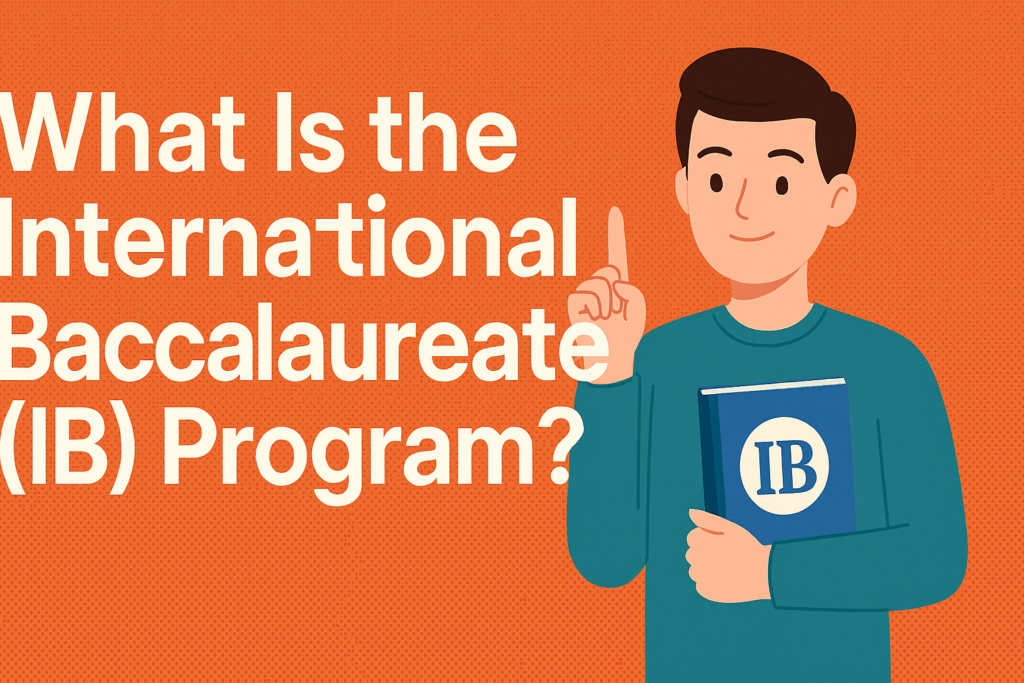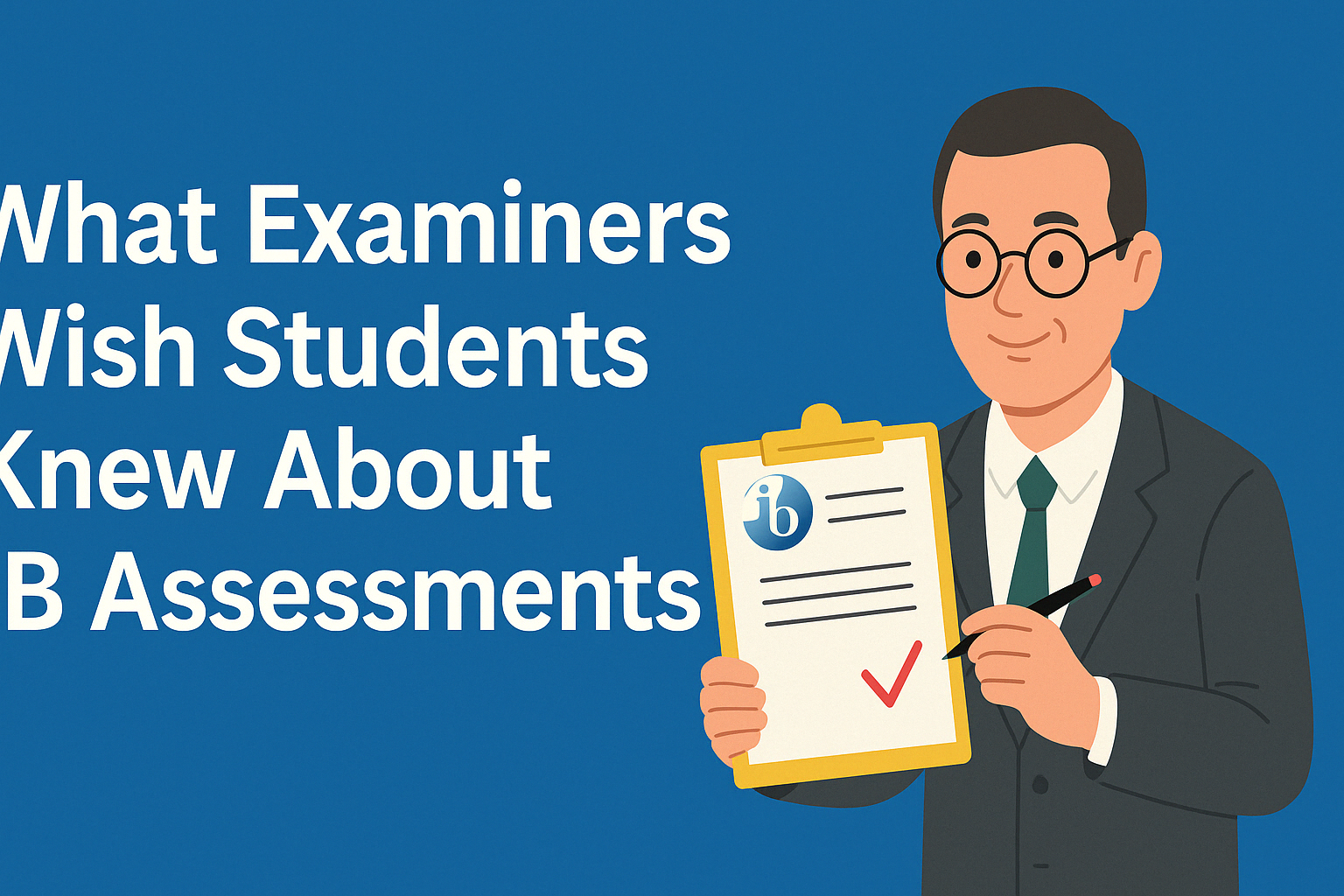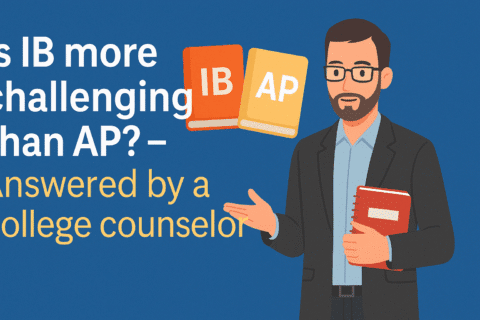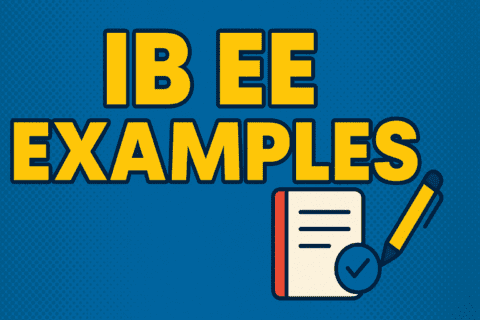Introduction: Wondering What the IB Program Really Is?
As more schools adopt global curricula, many families are asking: “What is the IB program?” Whether you’re a parent exploring international education for your child, or a student comparing IB vs AP or A-Levels, understanding the International Baccalaureate can help shape future academic success.
In this guide, we’ll break down the IB curriculum, explain its philosophy, compare it with other academic pathways, and help you decide whether it’s the right fit for your family.
What Does IB Stand For? A Quick Definition
IB stands for International Baccalaureate—a globally recognized educational framework that emphasizes academic rigor, global awareness, and personal growth.
Founded: 1968 in Geneva, Switzerland
Headquarters: Geneva, with global offices across the Americas, Asia-Pacific, and Africa-Europe-Middle East
Mission: “To develop inquiring, knowledgeable and caring young people who help to create a better and more peaceful world through intercultural understanding and respect.”
Today, the IB is offered in over 5,600 schools across 160+ countries, with more than 1.95 million students enrolled worldwide.
An Overview of the 4 IB Programs
The IB continuum offers four interrelated programs that span ages 3 to 19:
1. Primary Years Programme (PYP)
Ages: 3–12
Focus: Holistic learning, curiosity, and foundational academic and social skills.
2. Middle Years Programme (MYP)
Ages: 11–16
Focus: Interdisciplinary learning, real-world application, and critical thinking.
3. Diploma Programme (DP)
Ages: 16–19
Focus: Rigorous academic study, research, global citizenship, and university preparation.
🏆 Most well-known and widely adopted IB track, especially for high school students applying to university.
4. Career-related Programme (CP)
Ages: 16–19
Focus: Combines IB academic courses with career-focused pathways like business, tech, or health sciences.
Each program shares a common foundation rooted in the IB Learner Profile and aims to develop lifelong learners.
What Makes the IB Program Unique? Key Features and Philosophy
The IB isn’t just about test scores. It’s a philosophy of education that builds knowledgeable, ethical, and globally minded individuals.
✨ 1. International-Mindedness
Students explore diverse cultures, languages, and global issues, preparing them for an interconnected world.
💡 2. Learner Profile Attributes
IB students strive to be:
Inquirers
Knowledgeable
Thinkers
Communicators
Principled
Open-minded
Caring
Risk-takers
Balanced
Reflective
These ten traits form the IB Learner Profile, shaping both curriculum and classroom behavior.
🔍 3. Inquiry-Based Learning
Lessons begin with questions, not answers. Students learn to investigate, reflect, and evaluate ideas critically.
🧠 4. Interdisciplinary Approach
Students make connections across subjects (e.g., linking math with environmental science or literature with history).
🌱 5. Emphasis on Personal Development
Through programs like CAS (Creativity, Activity, Service) and Theory of Knowledge (TOK), students grow outside of academics.
IB vs. Other Curriculums: How Does IB Compare?
Here’s a quick comparison to help families evaluate the IB vs AP vs A-Level debate:
| Feature | IB Diploma | Advanced Placement (AP) | A-Levels (UK) |
|---|---|---|---|
| Age Group | 16–19 | 16–18+ | 16–18 |
| Focus | Holistic + global | Subject-specific | Subject-specific |
| Assessment Style | Internal + External | Mostly exam-based | Mostly exam-based |
| Interdisciplinary? | Yes (TOK, EE, CAS) | No | No |
| Recognition | Global | Primarily North America | UK, Commonwealth |
| Ideal For | All-rounders, leaders | High achievers in specific subjects | Subject specialists |
📌 Related Search: IB vs AP | IB curriculum explained
Is IB Right for My Child?
Choosing IB depends on your child’s interests, learning style, and long-term goals.
✅ Students Who Thrive in IB Are:
Naturally curious and self-motivated
Strong communicators and collaborators
Interested in global issues and diverse perspectives
Open to academic challenge and personal reflection
🧠 Skills Students Need:
Time management
Research and writing
Organizational discipline
Critical and independent thinking
💬 Pro Tip for Parents: Talk to your child’s teachers, visit IB schools, and explore sample assignments to understand expectations.
University Recognition: Is the IB Diploma Worth It?
Absolutely. The IB Diploma is widely respected by universities worldwide for its rigor and depth.
🎓 Top Benefits:
Admissions Advantage: Seen as evidence of preparedness for college-level work.
Advanced Standing: Many universities offer credit or course exemptions for high IB scores.
Global Flexibility: Accepted across the US, UK, Europe, Canada, Australia, and Asia.
🔗 Example: Oxford University typically requires 38–40 IB points with 6s and 7s in Higher Level subjects.
💰 Some universities even offer IB-specific scholarships.
Common Myths About the IB Program – Busted!
❌ “IB is only for gifted students.”
Truth: IB is designed for all learners—what matters most is curiosity and commitment.
❌ “IB is too hard and stressful.”
Truth: Yes, it’s rigorous—but with the right support and time management, students succeed and grow immensely.
❌ “IB won’t help with college admissions.”
Truth: IB students are often preferred by admissions committees due to their global perspective and academic readiness.
Conclusion: Why IB Might Be the Right Choice
The International Baccalaureate program offers more than academic achievement—it builds resilient, curious, and thoughtful individuals who are ready to thrive in an ever-changing world.
If you’re considering IB for your child or school, now is the time to learn more, ask questions, and explore what this globally respected curriculum can offer.
Frequently Asked Questions (FAQ)
What is IB in simple terms?
IB (International Baccalaureate) is a global education system that emphasizes academic rigor, global citizenship, and personal development.
Is IB better than AP or A-Levels?
It depends. IB is holistic and well-rounded, while AP and A-Levels allow for deeper focus in individual subjects.
Is IB good for college admissions?
Yes! IB graduates are often better prepared for university and are valued for their critical thinking and global perspective.
How long is the IB Diploma Program?
It typically runs over the last two years of high school (grades 11–12 or ages 16–19).





